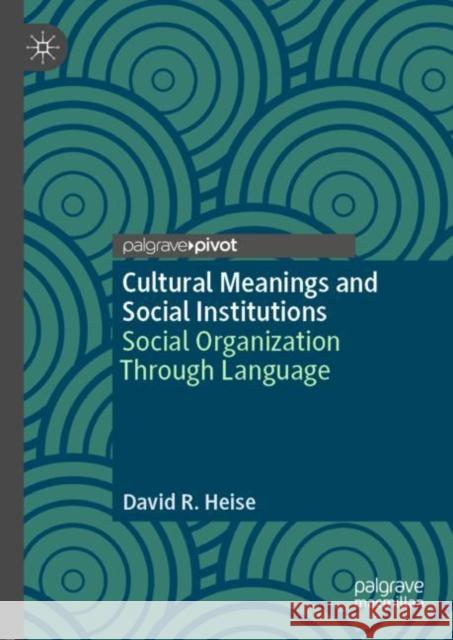Cultural Meanings and Social Institutions: Social Organization Through Language » książka
topmenu
Cultural Meanings and Social Institutions: Social Organization Through Language
ISBN-13: 9783030037383 / Angielski / Twarda / 2019 / 124 str.
Kategorie:
Kategorie BISAC:
Wydawca:
Palgrave Pivot
Język:
Angielski
ISBN-13:
9783030037383
Rok wydania:
2019
Wydanie:
2019
Ilość stron:
124
Waga:
0.32 kg
Wymiary:
21.0 x 14.8
Oprawa:
Twarda
Wolumenów:
01
Dodatkowe informacje:
Wydanie ilustrowane











